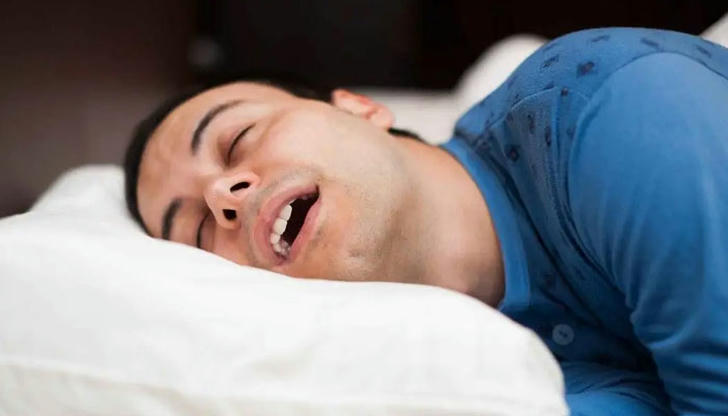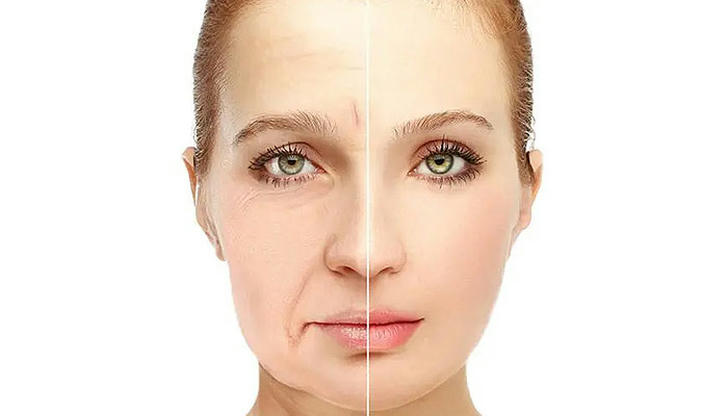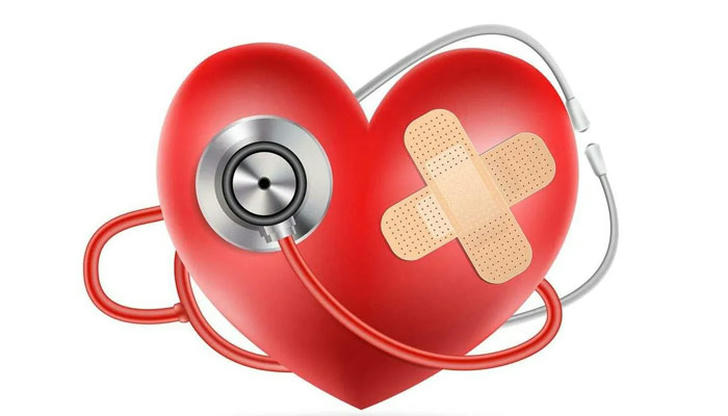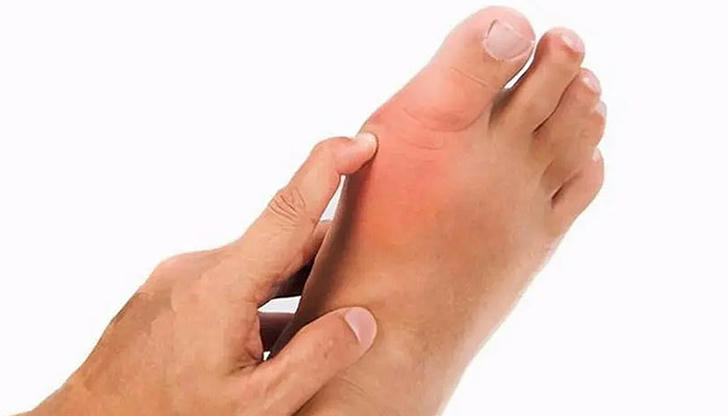15 Health Risks of Snoring

Snoring is a very common phenomenon in your daily life. Sleep apnea has a long-term impact on fitness. Not only will it affect your sleep quality, but it will also affect the sleep quality of your partner. Some researches found that those people who had sleep disorders and snoring may strongly affect the relationship between the couple. More seriously, patients may experience hypoxia during sleep, which can affect heart and lung functions and may lead to high blood pressure, cardiovascular disease, stroke, or even death during sleep.
Complication of snoring are mainly listed as follow:
Physical Malaise and Mental Malaise

The normal sleep structure will greatly be interfered by snoring. It may also reduce sleep quality, and cause a series of problems, such as daytime sleepiness, poor concentration, memory loss, and lower work efficiency.
Increasing the risk of obesity

Snoring will cause hypoxia, which will aggravate the local tissue edema. Then the edema will increase the stenosis of the airway, which leads to more serious hypoxia. In this situation, it will enter into a vicious circle. So patients will become much fatter day to day. That can be well-explained about a confusion "only drinking water still increases weight". In addition, night sleep apnea, can affect people’s hormone metabolism level, making a person have a good appetite. At the same time, the poor spirit in daytime can also lead to obesity.
Influence sexual function

Snoring and erectile dysfunction are both frustrating and unexplained fitness issues. The American Sleep Apnea Association suggests that excessive snoring or sleep apnea will influence erectile dysfunction. Sleep apnea is a condition causing obstruction of the airways that stops breathing during sleep. Some male patients with long-term snoring may affect the life and relation between the couples.
Reduce BMD

People who sleep poorly at night can not get their physical recovered soon. Thus less activity and lack of sunlight would affect the body's calcium absorption and reduce bone density. In addition, hypoxia reduces osteoblast growth resulting in bone thinning and osteoporosis.
Make people older

A study, made by Karolinska Medical College in Sweden, found that people who didn’t have enough sleep every day, they would become 2.5 to 3 times older than normal people, and were easily prone to look dull and lose affinity. Frequent snoring can also make a person look haggard and ugly, according to a US study. The snorer lacks of deep sleep, which will affect the production and release of growth hormone and accelerate body aging. It usually causes 10 to 15 years older than the normal age.
Increasing the risk of cardiovascular and cerebrovascular diseases

If snoring occurs during night’s sleep, the body will lack of oxygen and the blood pressure will rise, thus causing arrhythmias among some patients. When this condition improved, hypoxia, blood pressure and arrhythmias will relieve, and the risk of cardiovascular and cerebrovascular diseases will decrease.
Heart disease

The heart is the one of most important organ of the body that greatly need oxygen. Once hypoxia happens in sleep apnea, it will cause a great trouble for the heart - higher blood pressure, faster heart rate, higher heart load operation, and increase the rate of heart aging. At the same time, long-term hypoxia will lead to an increase in hemoglobin in the blood, an increase in blood viscosity, and thrombosis. More seriously, severe acute myocardial infarction could lead to a sudden death.
Cerebral apoplexy stroke

It includes both ischemic stroke and hemorrhagic stroke. Short term hypoxia will make cerebrovascular dilation. However severe cerebrovascular rupture can attribute to cerebral hemorrhage and stroke. Long-term hypoxia will make the body more prone to thrombosis, leading to ischemic stroke.
Increase the risk of diabetes mellitus

A large number of studies at home and abroad have shown that sleep apnea is related to the occurrence of diabetes, regardless of the duration of the disease. In other words, these snorers are also with a high incidence of diabetes. The prevalence of diabetes exceed 40% among sleep apnea patients. The main characteristics of sleep apnea are hypoxia during night’s sleep. Oxygen can not enter into the body, and carbon dioxide can not breath out, leading to the body being in a state of high carbon dioxide for a long time. If a person stays with long-term high carbon dioxide, it will lead to insulin resistance. Finally, it will develop diabetes. Worst of all, it is difficult to control their blood sugar.
Easy to suffer from gout

Researchers believe that sleep apnea's characteristic breathing cessation and low oxygen levels can lead to increased production of uric acid in your body, which can cause gout. People with sleep apnea have 1.7 times higher rates of gout compared with fitnessy people.
Easy to occur in psychological problems

People with sleep apnea have more than 2 times higher risk of developing depression, compared with those without sleep problems.
To damage children's fitness

Children are also at high risk of apnea syndrome, with an higher incidence of about 2% to 5%. And it can occur at any age, with a peak age of 2 to 6 years old. The most trigger caused by tonsil hypertrophy, adenoid hyperplasia, airway obstruction.
Research has also shown that children who snored loudly were twice as likely to have learning problems. Following a night of poor sleep, children are also more likely to be hyperactive and have difficulty paying attention. These are also signs of attention-deficit/hyperactivity disorder.
Easy to cause traffic accidents

Snorers are prone to sleepiness during the day, and the risk of traffic accidents is two to seven times higher than for ordinary people.
Hypertension

Hypertension is one of the most common complications of sleep apnea disease. In the August 1,2020 issue of Sleep, US scientists say that 50% to 70% of people with sleep apnea have concurrent high blood pressure. Such hypertension makes blood pressure difficult to control by solely relying on antihypertensive drugs.
Death threatening

Some symptoms of sleep apnea like snoring and daytime fatigue can seem minor, but it's important to be aware that the disorder increases your risk of death. Many snoring patients have a deep experience about suddenly waking up from the nightmare and even their family members don’t dare to fall asleep at night. More than 100,000 people are killed indirectly by snoring each year. Sleep apnea can affect breathing, causing suffocation in severe cases, shortening life expectancy, and increasing the risk of sudden death. The total mortality rate is three times higher than that of the fitnessy person.

